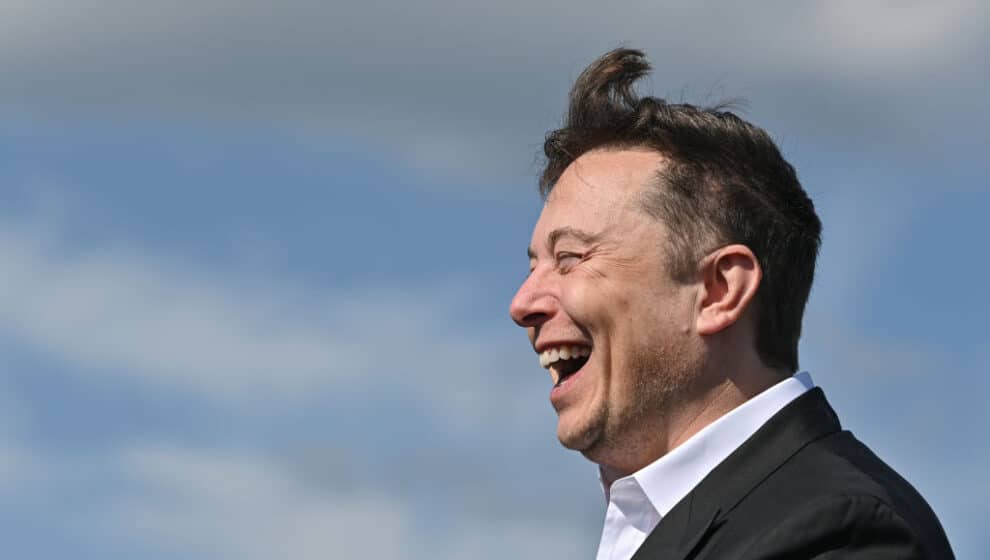Elon Musk and Bill Gates have been at odds for some time—but in order to show off the future of long-haul EV trucking, Musk has an interesting invitation for Gates.
Key Details
- Microsoft co-founder Bill Gates has often said that he has doubts about some of Tesla’s more ambitious plans. Tesla CEO Elon Musk has taken offense to that.
- Last year, Gates had a $500-million short position against Tesla, which Musk resented.
- In 2020, Gates wrote a blog post saying that long-haul, semi-trucks could never achieve long distances because of the size of the battery required.
- In the same post, Gates praised the work of General Motors and Rivian in their electric vehicle developments without mentioning Tesla.
- Now, Musk has invited Gates to drive the first electric semi truck set to be ready in December.
Why it’s news
Musk’s electric semi-trucks have been in development for some time, but they’re scheduled to hit the road in early December.
Gates has long been a critic of Musk’s plans for electric vehicles, saying that the technology is better suited for short-range travel and plans for long-haul vehicles will not work. In response to the criticism, Musk has invited Gates to drive the new electric semi truck.
The semi trucks were announced in 2017 and planned for production in 2019. Developmental issues pushed that deadline back to 2023. Tax incentives earlier this year made production more feasible—leading to the new December 1 deadline.
Musk’s trucks have a 300 to 500 mile range and a battery capacity of 500 kilowatt hours. The base price ranges from $150,000 to $180,000.
This is the first new vehicle Tesla has released in over two years. The production could come at a good time as delivery services are facing rising energy costs.
Backing up a bit
The long-awaited Tesla semi-trucks are going to be delivered to PepsiCo this year—and it looks like the Inflation Reduction Act incentivized the delivery.
Tesla CEO Elon Musk announced that the long-awaited Tesla semi trucks will be delivered to PepsiCo starting in December—five years after Musk first promised the semis.
Delays on the semis were in part due to shortages of batteries and supply-chain delays, but it seems one of the main reasons Tesla is able to move forward on the project is the recently enacted Inflation Reduction Act.
The bill offers tax credits for electric vehicles (EVs) to incentivize buyers. The credit for a large commercial vehicle can be as much as $40,000 per vehicle.
Musk had previously explained the semis were delayed due to the number of batteries they require. Semis use nearly five times more battery cells than regular EVs, but the semis don’t sell for five times the cost of a car.
Because of the extra cost, completed semis were delayed until Tesla could produce a larger battery. However, it seems the Inflation Reduction Act tax credit has alleviated this problem.
